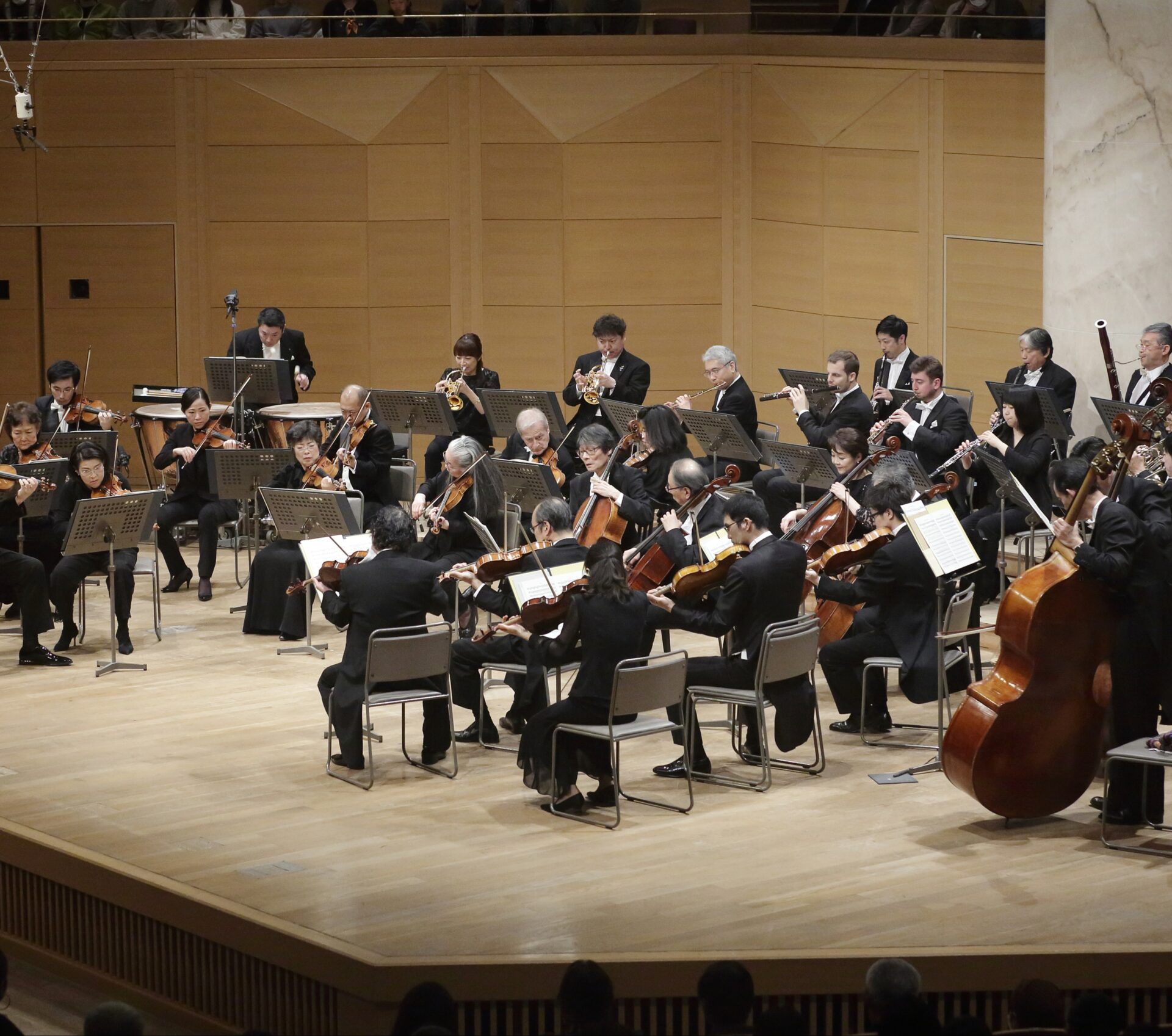Mito Chamber Orchestra
orchestra
Mito Chamber Orchestra (MCO) was founded in 1990, advocated by Hidekazu Yoshida, the first General Director of Art Tower Mito (ATM), as the in-house orchestra in 1990. Seiji Ozawa took office as the second General Director of ATM in 2013, and also became the General Director of MCO. Ozawa served in these positions until his death in February 2024. The orchestra consists of excellent musicians who continue to thrive internationally as soloists and principal orchestra players. In addition to concerts featuring conductors and soloists, the orchestra also focuses on conductorless ensemble concerts. In 1998 and 2001, the orchestra toured Europe under the direction of Seiji Ozawa, establishing a firm reputation as one of the world’s prominent chamber orchestras. The orchestra’s third European tour in 2008 was conducted without a conductor and drew rave reviews.
